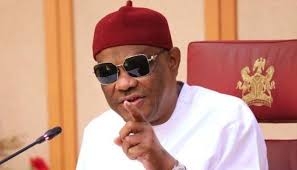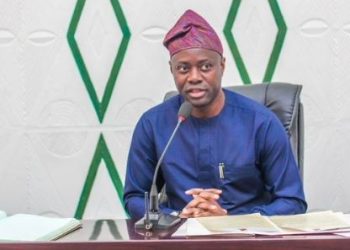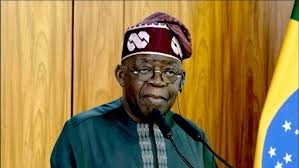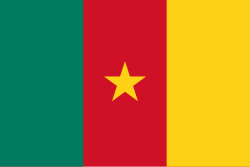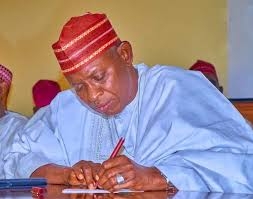Lagos State says it is turning its coastal vulnerabilities into economic and ecological opportunities as it prepares to host more than 1,200 delegates from 30 countries at the 2025 International Climate Change Summit.
At a world press conference held at the Eko Atlantic corporate offices in Victoria Island, Commissioner for the Environment and Water Resources, Tokunbo Wahab, said the 11th Lagos International Climate Change Summit will run under the theme, “Blue Economy, Green Money: Financing Africa’s Coastal Resilience and Ocean Innovation.” He was joined by the Special Adviser on Environment, Olakunle Rotimi-Akodu.
Wahab said the gathering will attract global CEOs, investors and climate innovators, adding that Lagos aims to position itself as Africa’s “climate capital” through stepped-up investments in coastal defences, flood mitigation, renewable energy and circular-economy projects.
“Through this summit, we are sending a clear message to the world — Africa is not waiting to be rescued; we are ready to lead,” he said.
According to the commissioner, the summit is designed as a deal-making platform where governments, financiers, scientists and development partners will design “practical, bankable” climate solutions. Confirmed collaborators include the International Finance Corporation (IFC), African Development Bank (AfDB) and United Nations Development Programme (UNDP).
Ahead of the summit, Wahab met with other state executives and chairmen of the 57 LGAs/LCDAs in Ikeja to tighten coordination for a “cleaner, flood-free Lagos.” He urged residents to adopt proper waste-management habits as the state transitions from a linear “collect-and-dump” model to treating waste as a resource.
As part of that shift, Lagos will decommission the Olusosun and Solous III landfills, which officials say have outlived their usefulness, while expanding capacity at the Epe landfill and other functional facilities.
On the maritime front, the Director-General of the Nigerian Maritime Administration and Safety Agency (NIMASA), Dr Dayo Mobereola—represented by Deputy Director Tuti Hebron—said the agency has developed a National Policy on the Blue Economy to strengthen regulatory and operational frameworks and unlock investment across ports, fisheries, logistics and coastal tourism.
Eko Atlantic City’s Development Director, Pierre Edde, represented by Joanna Fabikun, highlighted the Great Wall of Lagos—a vast sea defence protecting Victoria Island and Lekki from Atlantic surges—as a flagship example of climate-resilient infrastructure that underpins the state’s coastal-protection strategy.
Wahab said Lagos will use the summit to crowd in private capital for resilience projects, deepen partnerships with multilateral lenders and showcase innovations in ocean-based industries.
“Our objective is simple,” he added. “Protect our people and assets, create green jobs, and prove that coastal African cities can thrive in the era of climate change.”



